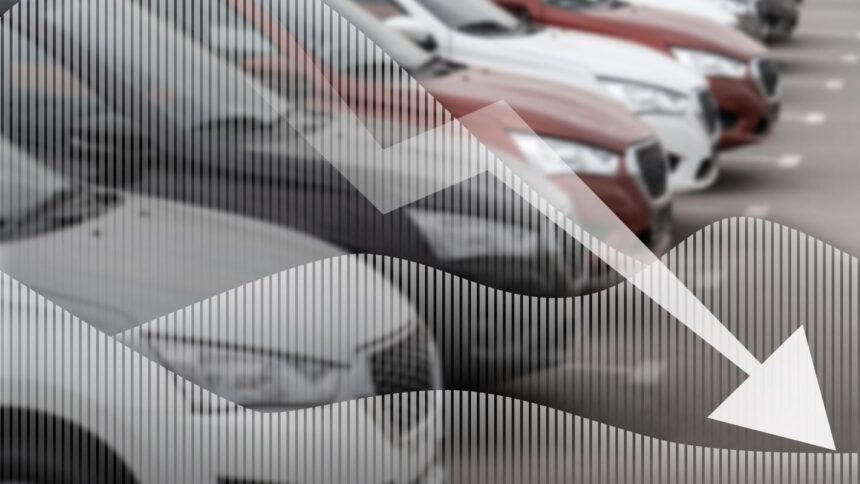The German automotive industry is facing a challenging year ahead, according to a recent survey conducted by the German Association of the Automotive Industry (VDA). The survey focused on small and medium-sized enterprises (SMEs) in the automotive sector, revealing a somber outlook for the year 2025.
The survey found that half of the medium-sized automotive companies in Germany did not meet their economic performance expectations for 2024. An additional 19% stated that while their projections were met, they were not exceeded, underscoring the economic challenges facing the sector. Only 5% of companies reported exceeding their expectations, while a quarter felt that performance was as anticipated.
Looking ahead to 2025, the forecast is not promising, with only 17% of surveyed companies expecting an improvement. Approximately 45% predict no significant change, and 38% fear that their economic situation may deteriorate.
One of the major challenges identified by the survey is the order situation, with over 65% of medium-sized automotive companies viewing it as a significant obstacle. The survey also noted that the previously high order backlog has been cleared, reflecting the impact of sluggish overall economic growth and a weak European car market on these companies.
Investment activity within Germany is notably restrained, with 69% of companies postponing, relocating, or canceling planned investments. The tendency to move investments abroad has decreased, with only 23% considering this option, the lowest since the survey began. Preferred relocation destinations include Asia, the EU, and North America.
In response to the economic climate, companies are implementing efficiency improvement programs (69%), undergoing restructuring (59%), and considering diversification (29%). The survey also highlighted the need for reduced bureaucracy, with 92% of companies urging this as a top priority for the new EU Commission.
VDA President Hildegard Müller emphasized the importance of addressing the challenges facing the supplier industry and medium-sized companies in the German automotive industry. She called for competitive energy prices, a consistent reduction of bureaucracy, infrastructure investments, measures to combat the shortage of skilled workers, and international trade and raw material agreements to be concluded promptly and on a large scale.
In conclusion, the survey paints a challenging picture for German automotive SMEs in the year 2025, with economic underperformance and a difficult order situation contributing to a pessimistic outlook. The sector will need to address these challenges proactively to navigate the turbulent times ahead.





